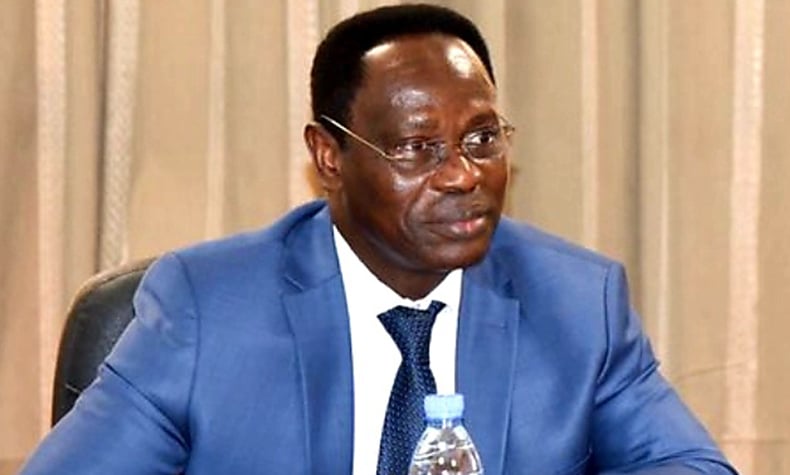
The struggle to contain the latest Ebola outbreak in the Democratic Republic of Congo is facing a "perfect storm" of challenges, including rebel violence and pre-election manipulation, the UN said Tuesday.
Attacks by armed opposition groups in North Kivu province hit by the outbreak have risen in recent weeks, including a deadly raid in the town of Beni that forced the World Health Organization to suspend its work, the agency's emergency response chief, Peter Salama, told reporters.
Meanwhile, pre-existing fears and misconceptions about the virus are being exploited by politicians ahead of DRC's highly-contentious December vote, leading to increased mistrust of health workers among the population, Salama added.
"We are now extremely concerned that several factors may be coming together over the next weeks to months to create a perfect storm," he said.
"The response at this stage is at a critical juncture."
Salama further warned that the geographical spread of the outbreak was expanding, notably to border areas, with Uganda now facing "an imminent threat."
The outbreak, the 10th in DRC's history, has killed 100 people since being declared on August 1 in the eastern part of North Kivu, the WHO said.
'Conspiracy theories'
The Congolese army has blamed the Allied Democratic Forces -- an Islamist rebel movement born in western Uganda -- for the Saturday attack in the flashpoint town of Beni that killed at least 21 people.
Salama said the community had called for a period of protest and mourning through Friday.
"That basically means for the UN family including WHO (there is) a lockdown in Beni. Our operations are in effect suspended," he added.
Beni is a key hub for WHO's North Kivu operations.
Being on lockdown there, even for a few days, prevents health workers from the crucial work of tracking people who may have come into contact with Ebola, Salama warned.
He also noted that other communities in the area, like in the town of Butembo, have also considered declaring several days of mourning to show solidarity with those in Beni.
"This has the potential to spiral," Salama said.
"As the days go on, if we do see unsafe burials that can't be responded to, if we do see symptomatic people that can't be accessed, we can see this situation deteriorating very quickly."
DRC is also on edge three months ahead of planned elections to replace President Joseph Kabila.
Salama stressed that while most people remained open to health workers, there has been a spread of "conspiracy theories" that Ebola is part of a government plot or a sinister money-making scheme, which have curbed WHO's access to civilians.
Read Full Story

















Facebook
Twitter
Pinterest
Instagram
Google+
YouTube
LinkedIn
RSS